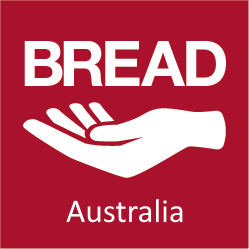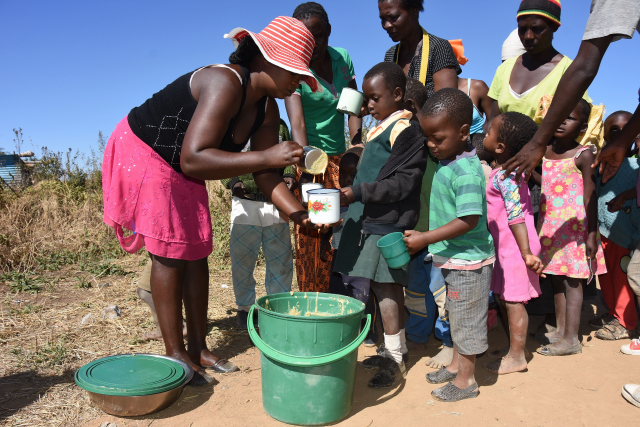The WFP estimates that 272 million people are at risk of becoming acutely food insecure. 28 million of these individuals are in urgent need of intervention to save their lives.
Starvation across 55 countries has been aggravated as a result of the COVID-19 pandemic, weather extremes, and political instability. The WFP estimates that 1 in 9 individuals do not have access to adequate food across the world, and the effects of COVID-19 have only made this access to food more challenging.
In the Food Assistance Outlook for 2022 by FEWS Net; Ethiopia, Madagascar, and Nigeria are now in an food emergency and at risk of famine.
Ethiopia’s internal conflict puts the northern region of the country at an elevated food insecurity. In addition, the low levels of rain is affecting crop production putting the southern region at risk.
Madagascar is facing insufficient harvest and crop production and an increase in above-average prices. These factors have driven the country into a hunger emergency status.
Nigeria faces widespread conflict and violence throughout the country. This greatly affects households, especially low-income, in accessing food. Internal displacement significantly increases the countries food insecurity putting them in a state of emergency and high risk of famine.
If you would like to join us in our fight against hunger, BREAD AUSTRALIA has launched a new project called ‘Gleanings for the Hungry’. Our vision for this initiative is to partner with Australian farmers to collect their surplus harvest and export it to food-insecure countries.
To know more about ‘Gleanings for the Hungry,’ please click here.


